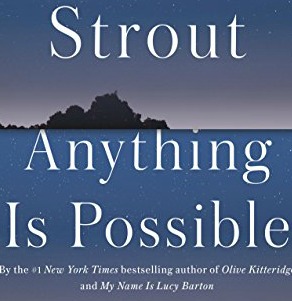The Undoing Project contains many charms, and chief among these is its full and intimate description of the friendship between Danny Kahneman and Amos Tversky. These are the two pioneering psychologists who revolutionized decision theory and demonstrated its effect on economic thought. In Mr. Kahneman’s case, it led to the Nobel Prize in economics.
Michael Lewis tells his story with the enthusiasm of a newcomer to the subject. And these two innovative thinkers, who rattled the cages of the academic establishment in both psychology and economics, deserves this bight and spritely telling. The title refers to the emotional tug a person feels in the midst of regret - often people have the impulse to change an unfortunate circumstance or fact of their lives, because of its unpleasant consequences.
We follow the joint careers of Tversky and Kahneman as they discover each other: they become inseparable friends while performing a wholesale revamp of economic behavioral theory. They eventually drift apart, professional jealousy
playing a small and perhaps misunderstood role in their separation. This book excels in its portrayal of the progress of their joint thought. It does a good job of showing just how revolutionary their thoughts were, and the consternation they generated in the economics community.
Michael Lewis tells his story with the enthusiasm of a newcomer to the subject. And these two innovative thinkers, who rattled the cages of the academic establishment in both psychology and economics, deserves this bight and spritely telling. The title refers to the emotional tug a person feels in the midst of regret - often people have the impulse to change an unfortunate circumstance or fact of their lives, because of its unpleasant consequences.
We follow the joint careers of Tversky and Kahneman as they discover each other: they become inseparable friends while performing a wholesale revamp of economic behavioral theory. They eventually drift apart, professional jealousy
playing a small and perhaps misunderstood role in their separation. This book excels in its portrayal of the progress of their joint thought. It does a good job of showing just how revolutionary their thoughts were, and the consternation they generated in the economics community.






















